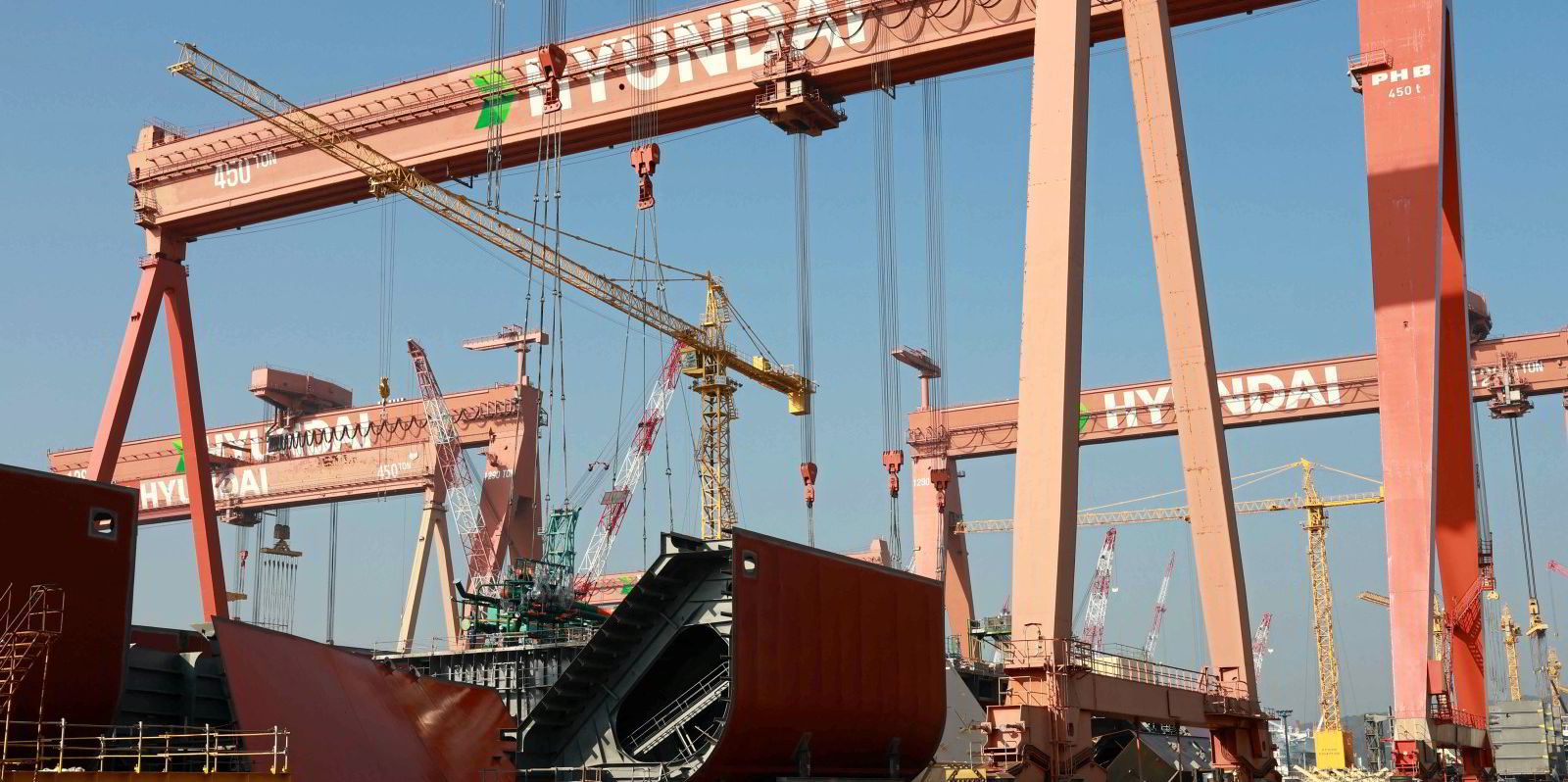US-based WaveCrest Energy is seeking market feedback on a planned LNG regasification terminal in the Port of Teesside in the north-east of the UK in preparation for a capacity auction for the project this year.
The planned Teesside Flexible Regas Port would comprise onshore LNG regasification equipment along with 2,000 cbm to 10,000 cbm of buffer storage and be connected to a dedicated marine jetty that would be able to accommodate most sizes of visiting LNG carriers.
Regasified LNG would be delivered through a short segment of high-pressure natural gas pipeline into the UK national grid.
Macquarie Capital-backed WaveCrest said the new facility will be able to deliver up to 248.5 GWh per day — equivalent to 848,000 MMBtu per day — of natural gas which equates to about 17% of the UK’s natural gas demand.
The terminal is designed to blend imported LNG with incoming North Sea natural gas flows and to inject nitrogen into the gas stream.
A market consultation process began on Monday and will run until 26 April, allowing for feedback on the project’s design, operational characteristics and services offered.
The company plans to launch a capacity auction for regas port in the third quarter of this year.
Capacity would be for 10-year terms.
The company is targeting to begin commercial operations in the third quarter of 2026.
WaveCrest — which is led by former Excelerate Energy chief executive and co-founder Rob Bryngelson — said the design of the facility would allow for a rapid construction time of less than one year. No floating storage and regasification unit would be needed.
The company said the project is classified as a nationally significant infrastructure project by the UK and will be seeking a development consent order from the secretary of state for energy security and net zero, WaveCrest said.
Bryngelson has experience of Teesside from his Excelerate days when this company set up a similar concept with its Teesside GasPort in February 2007. But the import terminal was underutilised and was decommissioned in 2015.
But he said this newly proposed facility would occupy a site across the river from the initial development.
WaveCrest said it chose Teesport given the port’s long history in energy infrastructure, which today continues with ongoing energy transition-related initiatives in the hydrogen generation, carbon capture and storage, and biogas sectors.
The site also has deep-water access within the port and extensive marine support assets.





